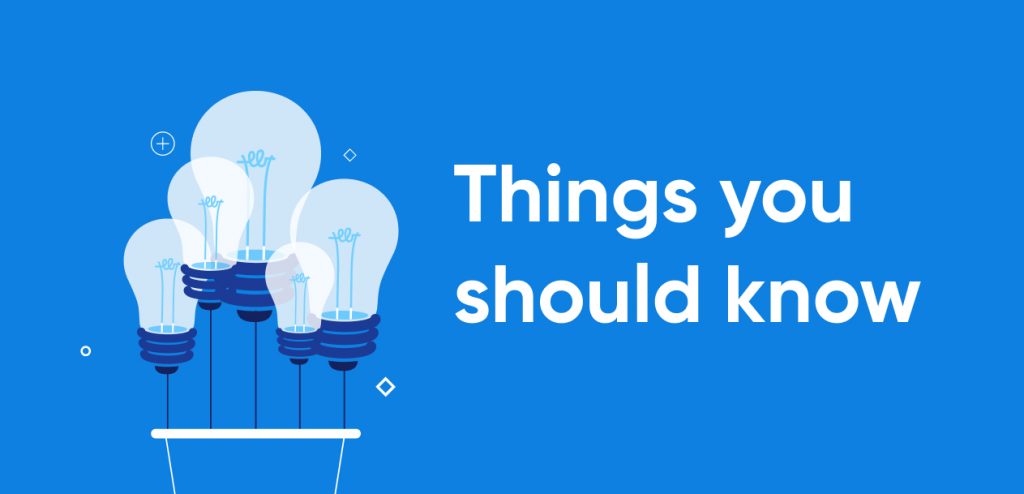Both advanced and beginner traders will benefit from having a plan of action in the speculative Forex market, and can further refine and change these plans on the fly. Before we dive into the nitty-gritty of an effective trading plan, let’s get one thing straight: there is no such thing as the best Forex trading plan.
A Forex trading plan is highly personalised to the trader, and will often accommodate the market they’re trading, with their own trading style, and other things that they bring to the Forex market. So, the concept of “the ultimate forex trading plan” is a far stretch.
What you’re looking for are the best practices for a Forex trading plan. These are consistent and carefully thought out actions that you can take, rules that you set to yourself and fallbacks that you can use if the market behaves differently from your expectations.
Why should I have a Forex trading plan?
Simple: it makes trading easier, more efficient, and potentially more profitable. A Forex trading plan can help you bail out of a trade that’s going south, give you ideas to buy when a currency is at its best, and generally cater to your needs as a Forex trader.
A Forex trading plan accounts for the nuances of the currencies you’re trading, the major markets that you trade in, and your personal strategies and styles when it comes to trading.
Don’t expect your Forex trading plan to “beat the market”. That can never happen – the market is too big and it moves too fast to come up with a single strategy that can always win you the market.
A Forex trading plan can help you:
- Minimize risk;
- Maximize profit;
- Identify key markets to invest in;
- Clearly define goals when you trade;
- Create and develop trading strategies;
- Easily remember essential trading guidelines;
- Plan trades in advance
… and so much more.
Forex trading plan essentials

Now you know what it is and why it is so important, let’s talk about what your trading plan should actually contain. Keep in mind that these are suggestions and you’re free to change them as you gain more experience or enter new markets. They’re certainly good practice, but remember to be flexible.
Entry and exit points
Entry and exit points are two crucial parts of every trade, you need to define what exactly it is you’re looking for once you start trading. Look for signs or trends that play when you want to open or close a position. This works in unison with your personal trading style, so keep a mental note of how you open and close trades and develop your plan accordingly.
This does two things: it ensures that you don’t get carried away in the heat of the moment and it gives you the clarity needed to pull out of bad deals.
Establish a routine
The Forex market is open 24 hours a day and 5 days a week. It’s a largely flexi-time career to pursue (unless you’re really sticking with one of the specific major trading hours), which gives you a lot of freedom.
A Forex trading plan makes you more efficient by helping you develop a schedule and routine to stick to. You can set specific hours to check your trades, keep a list of currencies to watch out for, and have resources handy to consult whenever you need more information.
Predict, analyze, and respond to trends
The Forex market is volatile and ever-changing, that is why you need to have a plan to keep these movements within your expectations. Looking at trends via different methods of analysis, keeping up to date on geopolitical news, and anticipating shifts in economic policy are all crucial for an effective Forex trading plan.
You can only plan for the market if you know how to read it, and reading the market requires you to consistently be on top of the things that influence it. A Forex trading plan can give you the resources and data that you need to make the best trades at the best time possible.
Every Forex trader can always benefit from a trading plan. The best plans are the ones that are consistently being worked on and improved in response to the trader’s personal experiences and accounts for changes in the market both past and present.
And if anything else, it’ll give you more confidence in the decisions you make – and the consequences that occur because of them.
Disclaimer: All material published on our website is intended for informational purposes only and should not be considered personal advice or recommendation. As margin FX/CFDs are highly leveraged products, your gains and losses are magnified, and you could lose substantially more than your initial deposit. Investing in margin FX/CFDs does not give you any entitlements or rights to the underlying assets (e.g. the right to receive dividend payments). CFDs carry a high risk of investment loss.




